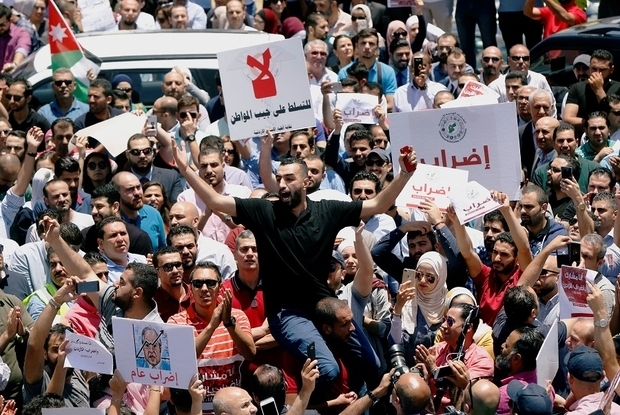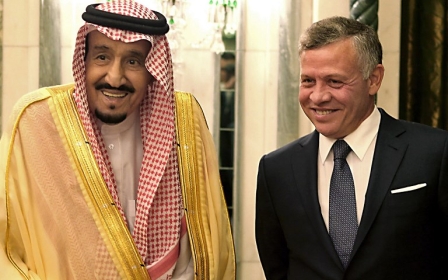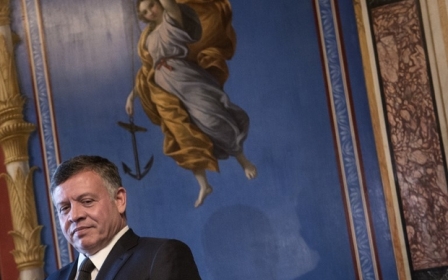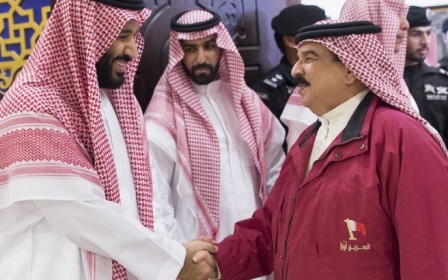Gulf powers to pump billions into Jordan and Bahrain

Saudi Arabia, the United Arab Emirates and Kuwait plan to pump billions of dollars into Jordan and Bahrain to support their economies.
The countries announced a $1bn deposit into Jordan's central bank on Thursday. They have also agreed to give Bahrain $10 billion to support the country's funding requirements as it embarks on a fiscal programme aimed at eliminating its budget deficit by 2022.
A Jordanian government source said the deposit was part of a $2.5bn package announced in June to tame summer protests over austerity measures, and will also include $600m in credit to help the country secure cheap World Bank loans.
The $10bn Bahraini package, a diplomatic source quoted by al-Rai said, was designed to support the country's financial stability, which was threatened by low oil prices that increased the country's debt.
The package was linked to financial reforms in Bahrain and would cover more than a quarter of the country's public debt.
Even before the oil price collapse of 2014, Bahrain was running up large annual budget deficits, swelling the national debt to around $31bn - or 89 percent of gross domestic product - the International Monetary Fund said in a March report.
The kingdom posted a deficit of close to $5bn last year and is projecting a shortfall of $3.5bn in 2018.
The fiscal balance programme combined with the financial support agreement from Saudi Arabia, the UAE and Kuwait allows for a "swift and achievable" progress to continued economic growth and prosperity, Shaikh Khaled bin Abdulla Al Khalifa, Chairman of the Ministerial Committee for Financial Affairs, said in a statement.
The programme includes reforms aimed at reducing public expenditure and inefficient spending while also simplifying government processes and increasing non-oil revenue.
Bahrain is currently a minor oil producer with output of some 200,000 barrels per day. But in April, it announced the discovery of more than 80 billion barrels of shale oil which it hopes to start pumping in 2023.
When the oil was discovered, a Bahraini official said the kingdom expected to produce 200,000 barrels per day from the new find, doubling the country's output.
By comparison, Saudi Arabia has 266 billion barrels of proved oil reserves and has been producing around 9.8 million barrels per day since January.
New MEE newsletter: Jerusalem Dispatch
Sign up to get the latest insights and analysis on Israel-Palestine, alongside Turkey Unpacked and other MEE newsletters
Middle East Eye delivers independent and unrivalled coverage and analysis of the Middle East, North Africa and beyond. To learn more about republishing this content and the associated fees, please fill out this form. More about MEE can be found here.




